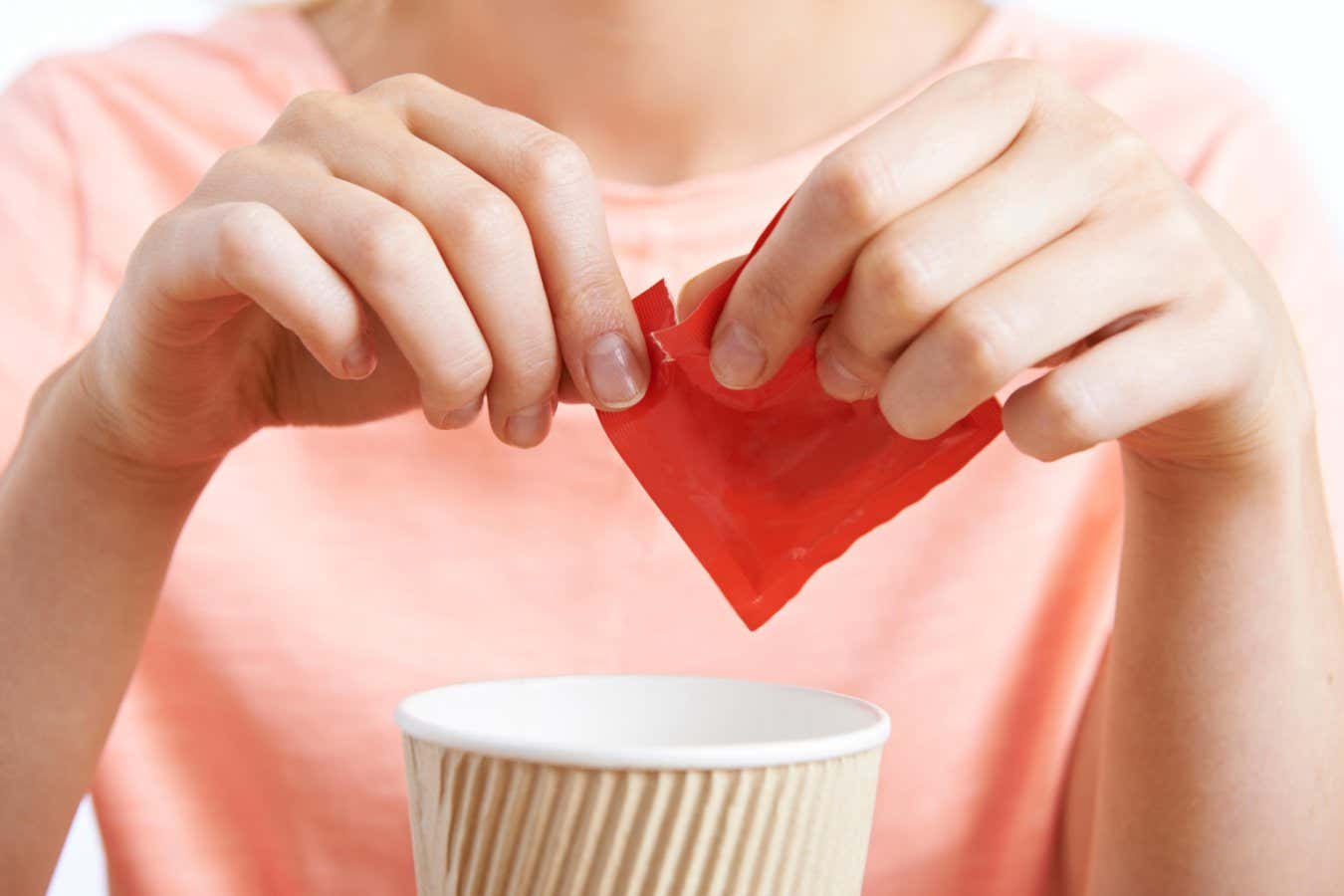Now Reading: Artificial Sweetener Linked to Potential Interference in Cancer Treatments
-
01
Artificial Sweetener Linked to Potential Interference in Cancer Treatments
Artificial Sweetener Linked to Potential Interference in Cancer Treatments

Quick Summary
- study findings: People consuming the artificial sweetener sucralose may experience reduced effectiveness of cancer immunotherapy. The sweetener is linked to alterations in gut microbiome composition,which may impair immune responses.
- Research Population: Data from 157 cancer patients treated with immunotherapy showed worse outcomes for those consuming sucralose or another sweetener, acesulfame K, above specific thresholds.
– Advanced melanoma patients consuming less sucralose lived 5 months longer without cancer progression compared to heavier consumers.
– Non-small cell lung cancer patients had an 11-month survival advantage if their sucralose consumption was lower.
– high-risk melanoma patients remained cancer-free for an average of 6 months longer by avoiding higher intake levels of the sweeteners.
- Mechanism: Mouse experiments revealed that sucralose impairs T-cell function by altering the gut microbiome.This leads to depletion of arginine, an amino acid critical for immune activity.Supplementing arginine improved survival rates in mice under treatment.
- Regulation Concern: The impact arises at just ~5% of the daily intake recommended by the US FDA for sucralose (5mg/kg), suggesting even minimal amounts might be detrimental during therapy.
Image Caption:
People who consume certain artificial sweeteners may have changes in their gut microbiome impacting overall health (Photo Credit: Ian Allenden/Alamy).
campaign=RSS%7CNSNS&utmsource=NSNS&utmmedium=RSS&utmcontent=home”>Read More


























